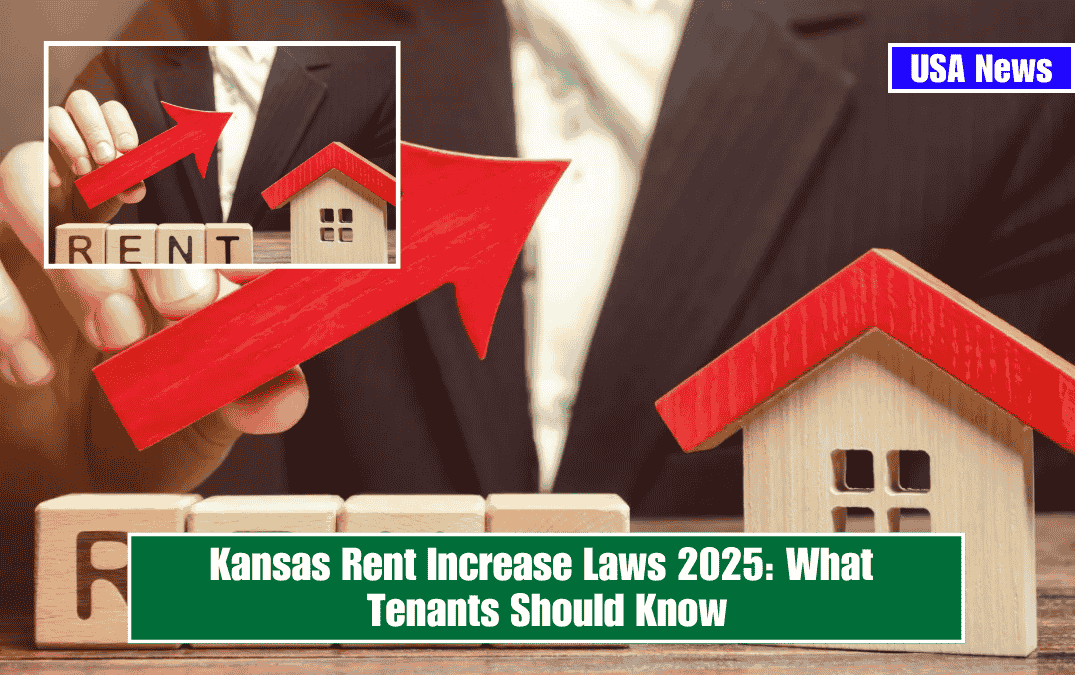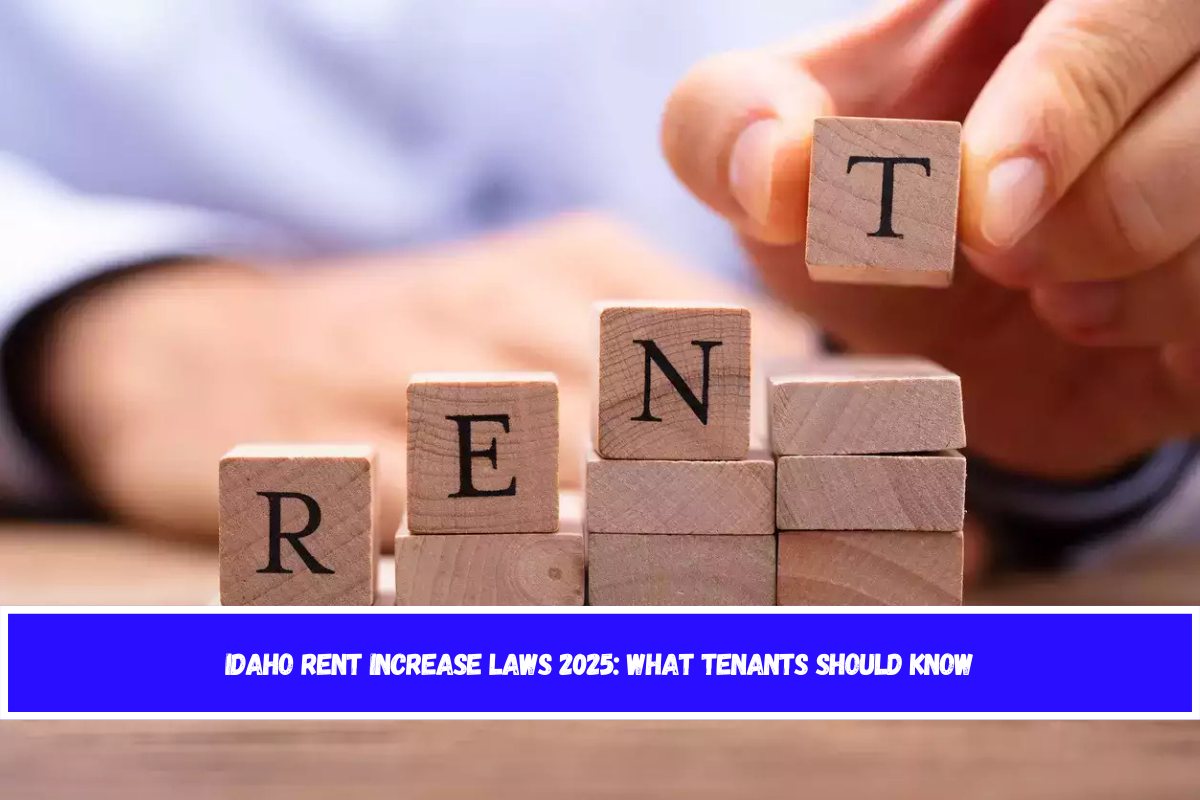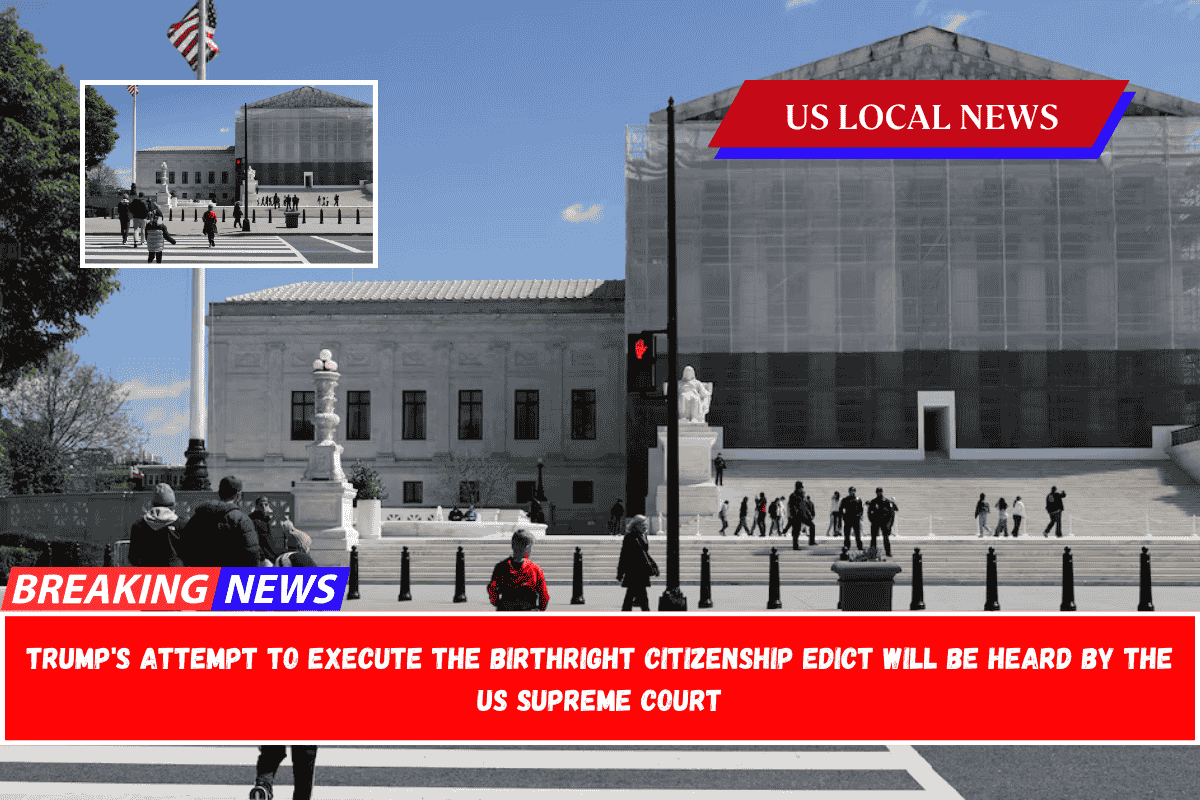Kansas does not have statewide rent control laws, meaning landlords are free to raise rent without limits on the amount, provided they adhere to specific notice requirements and lease agreements. Here’s what tenants should know about rent increase laws in Kansas in 2025:
No Rent Control Laws
Kansas is considered a landlord-friendly state due to the absence of rent control laws. This means landlords can increase rent by any amount as long as they follow proper procedures. Unlike states with rent caps, Kansas landlords are not restricted by maximum percentages or annual limits on rent hikes. However, market conditions often influence how much landlords realistically raise rents, as excessive increases could lead to vacancies.
Notice Requirements for Rent Increases
Landlords in Kansas must provide written notice before increasing rent. The required notice period depends on the type of rental agreement:
- Month-to-Month Leases: Landlords must give at least 30 days’ written notice before the rent increase takes effect.
- Fixed-Term Leases: Rent cannot be raised during the active term of a fixed lease unless explicitly allowed in the lease agreement. At the end of the lease term, landlords can raise rent with proper notice.
The notice must specify:
- The new rental amount.
- The effective date of the increase.
Failure to provide adequate written notice may render the rent increase unenforceable.
Discrimination and Retaliation Protections
Kansas law prohibits landlords from raising rents for discriminatory or retaliatory reasons. Under the Fair Housing Act, rent increases cannot target tenants based on protected characteristics such as race, gender, familial status, or disability. Additionally, landlords cannot use rent hikes as retaliation against tenants who report health violations or request repairs.
How Much Can Rent Be Raised?
While there are no legal caps on rent increases in Kansas, landlords typically raise rents annually by 3–10% to align with market rates. Dramatic increases above local market conditions may encourage tenants to vacate and lead to higher turnover costs for landlords. Most landlords aim for moderate increases to retain tenants while maintaining profitability.
Tenant Rights and Options
Tenants facing significant rent increases have limited legal protections under Kansas law but can take certain steps:
- Negotiate: Tenants can try to negotiate a smaller increase or request additional time to adjust their budgets.
- Review Lease Terms: Fixed-term leases often provide stability by preventing mid-term rent hikes unless explicitly stated otherwise.
- Seek Alternative Housing: If the increase is unaffordable, tenants may choose to move out at the end of their lease term.
- Challenge Discriminatory Increases: If a tenant believes a rent hike violates anti-discrimination laws or lease terms, they may challenge it legally.
Kansas tenants should be aware that landlords have broad authority to raise rents due to the lack of statewide controls, but they must comply with notice requirements and avoid discriminatory practices.
While market forces often moderate increases, tenants should carefully review their lease agreements and explore options if faced with substantial hikes. Staying informed about tenant rights is crucial for navigating rental relationships in Kansas effectively.
SOURCES:-
[1] https://www.hemlane.com/resources/kansas-rent-control-laws/
[2] https://www.steadily.com/blog/kansas-rental-lease-agreement-laws-regulations
[3] https://www.steadily.com/blog/how-much-can-a-landlord-raise-rent-in-kansas
[4] https://www.hemlane.com/resources/kansas-tenant-landlord-law/
[5] https://www.boloforms.com/signature/contracts/real-estate/notice-of-rent-increase/kansas/















